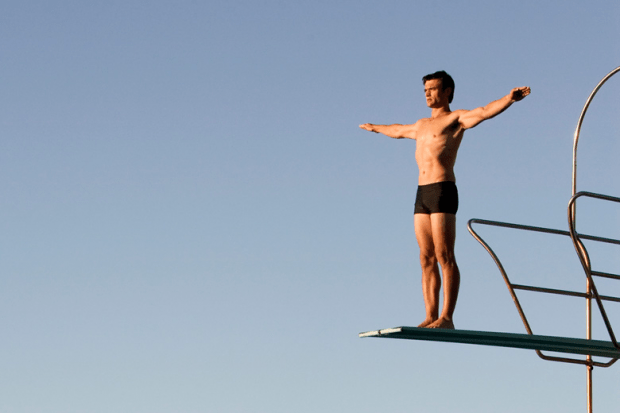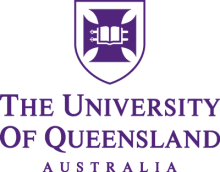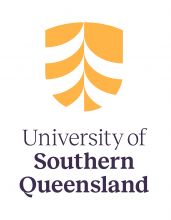At least four more Australian universities fell into deficit last year as Covid-19 wrought uneven havoc on institutional operations and finances.
The first tranche of annual reports from the country’s public universities shows that many managed to grow during the pandemic’s first year, accruing additional students and staff and even healthier operating margins. But four – Central Queensland, Curtin, Griffith and Murdoch universities – converted their 2019 surpluses into 2020 deficits, sharing a A$210 million (£116 million) hit to their collective bottom line.
They join the University of Wollongong and the Australian National University, which also claim to have recorded operating losses last year although they are yet to publish their financial results.
The annual reports released so far cover the seven public universities in Queensland and four in Western Australia. Four of them – Edith Cowan University, Queensland University of Technology and the universities of Queensland and Western Australia – recorded slimmed-down surpluses after shearing A$162 million from their combined operating results.
But Central Queensland University reversed its slender A$3 million surplus in 2019 to a A$34 million deficit last year, mainly because of a A$54 million hit to its international education revenue.
Vice-chancellor Nick Klomp said the university had cut about 290 positions, closed a campus and two study centres, frozen salaries, reduced executive pay and rationalised its operational divisions from seven to four. “Despite the organisational restructure and cost savings, the Covid-19 impacts are likely to continue well into 2021,” he warned.
Weaker investment yields and international revenue flipped Griffith University’s A$53 million surplus in 2019 into a A$5 million deficit last year. The “lower market values” of invested funds and the “near-zero interest rate environment” cost the university more than A$29 million in investment income, it reported, while reduced foreign students’ fees and student assistance outlays added more than A$20 million to the losses.
Plunging investment income also contributed to deficits of A$1 million at Curtin University and A$6 million at Murdoch.
Surpluses at the other Perth- and Brisbane-based universities ranged from A$23 million at Edith Cowan University (ECU) to A$109 million at the University of Queensland (UQ). Such figures can exaggerate universities’ apparent wealth, with financial reporting rules mandating the inclusion of endowments and long-term investments that cannot be converted into cash.
UQ’s operating result without these “unrealised investment returns” was a much slimmer A$24 million, according to vice-chancellor Deborah Terry, while ECU’s result did not reflect a A$101 million write-down in the value of its property, plant and equipment.
Another three institutions – all small regional Queensland institutions with relatively low international enrolments – managed to build on their 2019 surpluses. The University of Southern Queensland, which parlayed its A$6 million surplus in 2019 into a A$13 million buffer in 2020, said the financial impact of Covid had been cushioned by federal and state government “relief packages”.
The University of the Sunshine Coast increased its surplus by about A$4 million to A$24 million, with an A$18 million increase in teaching grants cancelling out its losses from international tuition fees.
James Cook University managed to boost its surplus from A$15 million in 2019 to A$23 million last year despite a 10 per cent decrease in its earnings from international students. The loss was offset by assorted savings including A$10 million in travel costs and A$13 million in commissions and professional fees.
Register to continue
Why register?
- Registration is free and only takes a moment
- Once registered, you can read 3 articles a month
- Sign up for our newsletter
Subscribe
Or subscribe for unlimited access to:
- Unlimited access to news, views, insights & reviews
- Digital editions
- Digital access to THE’s university and college rankings analysis
Already registered or a current subscriber? Login














